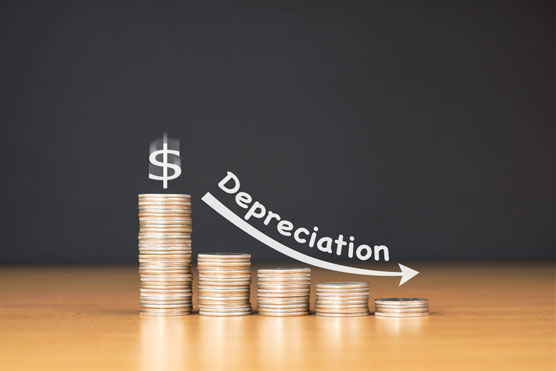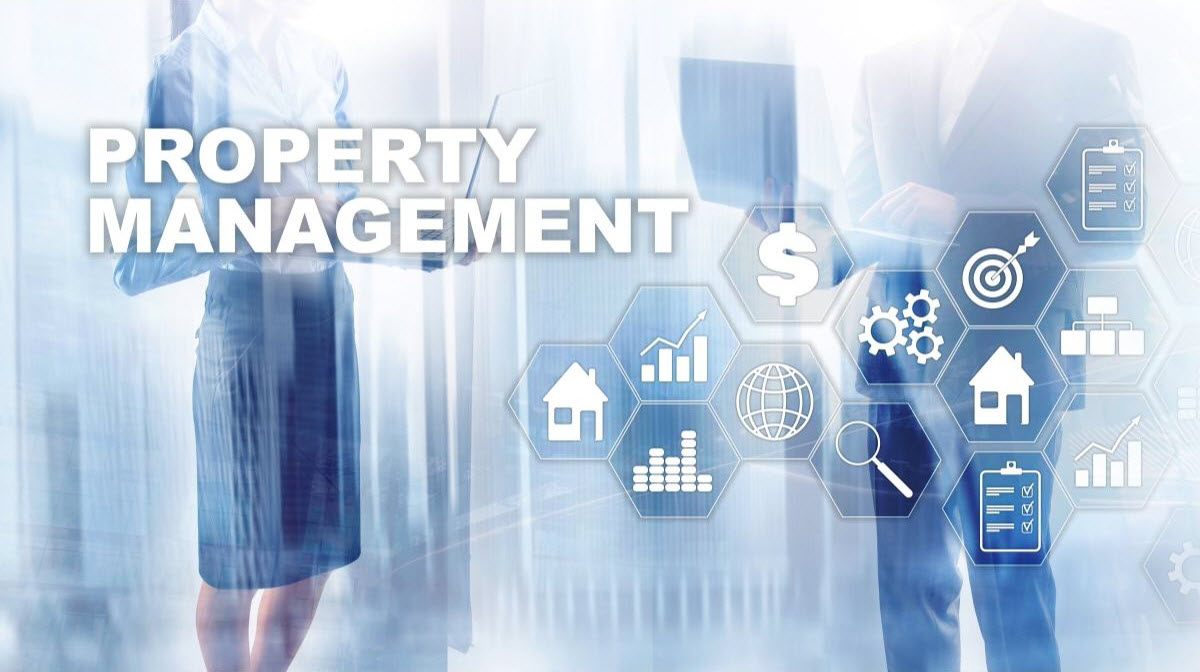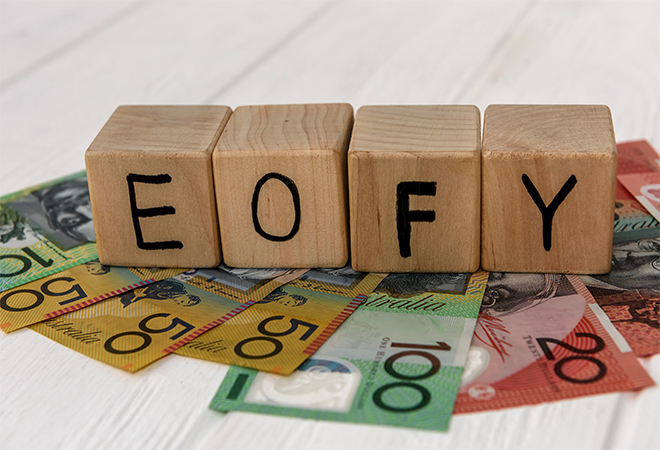We completely understand that talking about tax does sound very draining and boring! BUT- it doesn’t have to be that way!
Tax time can be pretty rewarding if you are a property investor, and you can reap many benefits from owning property investments. As a landlord, you may even be able to reduce your tax liability and turn a property’s cash flow from a negative into a positive.
As a landlord, there are many tax deductions you are able to claim, such as:
Maintenance & Repairs
As a property investor, one of the key deductions is maintenance and repairs conducted to the property. There are limits to what maintenance and repairs are deductible and you must also determine the difference between repairs and renovations as there are different tax treatments depending on the classification- which be a little tricky. This is why Maintenance and Repairs on investment properties always comes under quite a bit of scrutiny from the Australian Tax Office (ATO).
Repairs can be claimed as an immediate deduction if they relate directly to wear and tear (e.g. replacing broken door hinges, or broken tiles from a fallen tree with professional help).
However, if you were to replace an appliance, you would need to claim the cost as a depreciation deduction over the course of an asset’s lifespan. Or, if you were to make an upgrade (such as replacing an old fence or installing new carpets) to increase the value of the property, you will need to claim these costs as a capital works deduction at 2.5% a year for 40 years.
If your investment property was damaged by the recent flooding in New South Wales or Queensland, you may be able to claim the repairs required to make the property habitable again as a tax deduction. The extent of these deductions could be complicated and should be discussed further with your accountant.
Depreciation
Depreciation is a non-cash deduction on a property and is a huge benefit for property owners. This means that you do not physically pay cash for depreciation, however you can claim this against your taxable income- meaning more cash back for you on your tax return!
For new builds and renovations, the depreciation may be quite high and form a significant portion of your tax deductions on your return. To work out your depreciation, we highly recommend purchasing a professional depreciation report on your property. (Many new builds will come with this report.)

Interest on Mortgage
If you have taken a loan out against your property, the interest portion of this loan as well as any bank fees (loan servicing charges, and loan set up costs) are also claimable on your tax return.
This deduction is limited to the interest portion only, and you are not entitled to claim any principal repayments.
Property Insurance
The amount you pay for insuring your investment property is deductible on your tax assessment. Take particular note if your property has been flood affected, or if your insurance on the property in a flood affected area has increased in cost as a result.
Council Rates & Strata Fees
Council rates are deductible in the same year that they are paid, but can only be claimed for the periods in which the house was being rented out.
If your property is on a strata title (such as an apartment block or eligible townhouses), you can claim the cost of body corporate fees.
Property Management costs
Council rates are deductible in the same year that they are paid, but can only be claimed for the periods in which the house was being rented out.
If your property is on a strata title (such as an apartment block or eligible townhouses), you can claim the cost of body corporate fees.
Any costs associated with property management for your property is deductible, including any advertising costs. This also includes any professional real estate photos, print media, brochures and signs.

Pest Control
IF you have paid for a building and pest inspection, or if you paid for pest control, associated costs is an immediate deduction for the hire of a pest control professional.
Changes for FY22
For the 2021-2022 financial year, there have also been some fundamental changes you need to be aware of including:
COVID-19 disaster payments.
If you received a pandemic leave disaster payment during 2021–22, you must include it in your tax return as income.
Granny flat arrangements and CGT
Since 1 July 2021, capital gains tax (CGT) does not apply when a granny flat arrangement is created, varied or terminated. A granny flat agreement is a written agreement that gives an eligible person the right to occupy a property for life. The CGT exemption only applies if all of the following apply:
- the owner or owners of the property are individuals
- one or more eligible people have an eligible granny flat interest in the property
- the owners and the people with the granny flat interest enter into a written and binding granny flat arrangement. This arrangement must not be commercial in nature.
Normal CGT rules apply if there is no granny flat arrangement or if you are doing something other than creating, varying or terminating a granny flat arrangement.
Renee Edge, B. Econ
Research Analyst
If you are looking for a buyer’s agent to assist you with purchasing a home or investment property in the Sydney, Brisbane and Newcastle regions, as well as SA, TAS, ACT, VIC, NSW & QLD please get in touch with Lloyd Edge and his team at Aus Property Professionals here or give us a call on 1800 146 837!

